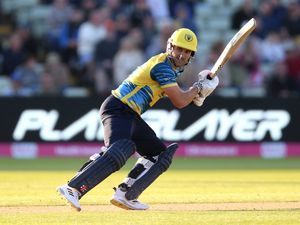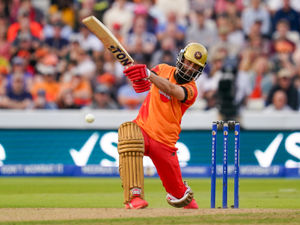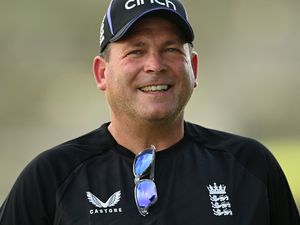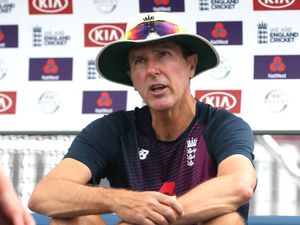Champagne super over – England are world champions
A thrilling contest came down to a single-over shoot-out.
England’s cricketers wrote their names into the history books at Lord’s, winning their first World Cup title in a final that will go down as one of the most dramatic ever produced in team sport.
It seemed as though nothing could separate them from New Zealand, with the sides battling to an unprecedented tie, both sides locked on 241 after 100 overs of nerve-shredding tension that cast Ben Stokes as the home side’s hero of the hour.
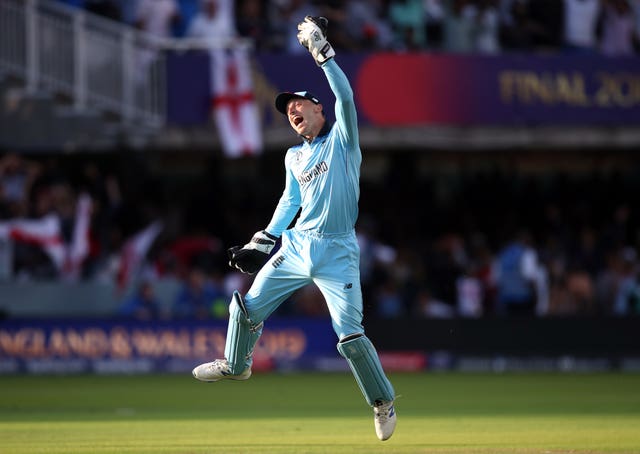
That paved the way for a super over, a six-ball shoot-out that had only occurred 11 times in international history and never before in an ODI.
Incredibly, the teams went blow-for-blow once again, Stokes and Jos Buttler hitting 15 off Trent Boult before Jofra Archer conceded 14 off his first five deliveries.
The Barbados-born bowler, the least experienced player on either side, held his nerve as Martin Guptill forced the ball into the off-side and came back for a second that would have taken the trophy.
Enter Jason Roy, who picked up cleanly despite unimaginable pressure and hurled a flat, decisive throw towards Buttler, who scattered the stumps as Guptill scrambled.
Tied once again, England triumphed on account of boundaries scored, a technocratic decider in a contest that proved impossible to settle any other way.
In the end England’s 22 fours and two sixes proved the difference, besting the Black Caps’ tally of 14 and two but they are just numbers, and do scant justice to the emotional, occasionally controversial and endlessly replayable events that played out on this famous ground.
Rarely has the tension at this storied stadium reached such emphatic peaks and rarely has a winning team celebrated with such gusto, the game and all the prizes that go with it having seemingly disappeared from their grasp on several occasions.
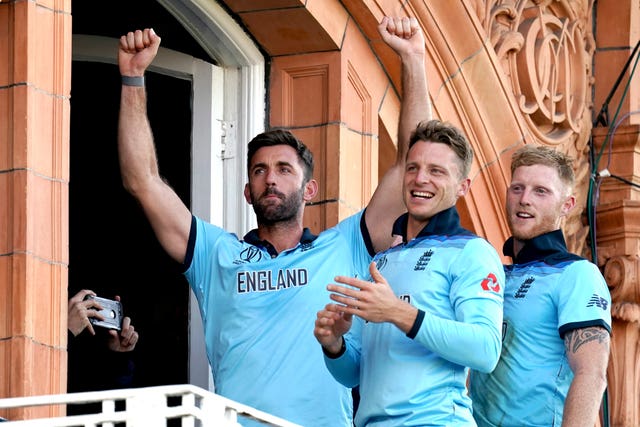
After 44 years and 12 editions England finally lifted the trophy, Eoin Morgan’s side securing their legacy in front of 30,000 captivated fans, a mass gathering at Trafalgar Square and on television in homes up and down the country.
The national side were back on a free-to-air terrestrial platform for the first time since the halcyon days of 2005 and they did not miss their once-in-a-lifetime opportunity to match the achievements of their female counterparts, who became world champions at the home of cricket two summers ago.
Any new fans who were enthralled by what they saw, and surely there were many, will need to be told they may never see its like again.
Morgan will now take his place on the pantheon of great England captains, nestling alongside Bobby Moore and Martin Johnson, and going one better than the runners-up medals secured by Mike Brearley (1979), Mike Gatting (1987) and Graham Gooch (1992).
His leadership has been imperious for four years but the final hurdle was cleared by others. Liam Plunkett’s name may fall down the agenda after the late drama but he was the key to keeping New Zealand down to a gettable 241 for eight.
The 34-year-old seamer boasts a 100 per cent record in the tournament, with all three of England’s group-stage defeats coming in his absence, and this was his crowning moment.
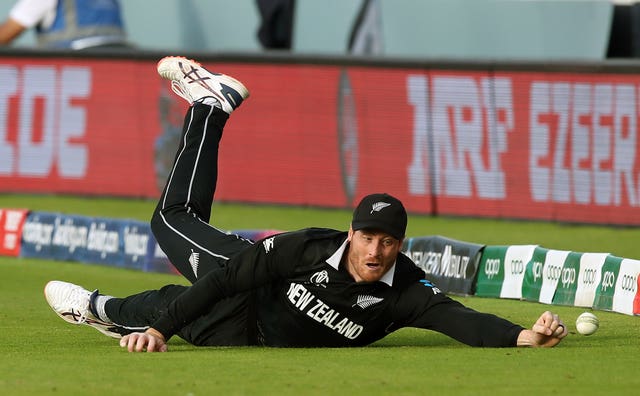
He took the key wicket of Kane Williamson for 30, with a superb cross-seamer that kicked outside off stump and added two more to claim three for 40.
Chris Woakes was key too, taking three of his own and setting the tone with a wonderful new-ball spell that belied any nerves and there was one apiece for Mark Wood and Archer.
A huge lbw shout against Jason Roy from the first ball of the reply hinted it would not be easy and the big-hitting top order proved unable to manage tricky conditions and disciplined attack.
Spooked by the occasion, or their opponents, they slipped to 86 for four at almost halfway, and needed a calm, collected stand of 110 between Stokes and Buttler. The latter fell for 59 but Stokes would finish on 84 not out, the centrepiece of the coming storm.
With eight balls to go and hope fading Stokes hoisted Jimmy Neesham down the ground. Boult was underneath it holding the initial chance before flicking it off to Guptill as he crossed the ropes.
His presence of mind was impressive but his synapses were a beat behind, his foot touching the boundary marker before he offloaded. Stokes had six and England had a chance.
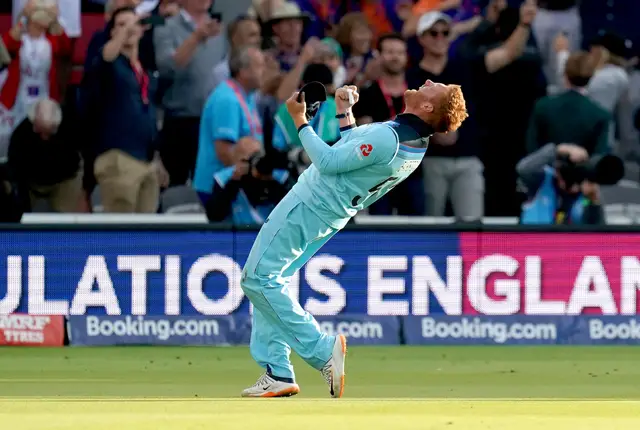
It was still a fleeting one though, with 15 needed off the last six balls from New Zealand’s most bankable bowler, Boult.
England’s prospects receded sharply after Stokes hit the in-field twice, taking the equation firmly into do-or-die territory. Finally, thrillingly, unbelievably, Stokes seized the moment.
He clubbed the next ball for six, high and handsome over wide long on, then sprinted for two off the next, diving to beat Guptill’s throw and inadvertently steering the ball to the ropes.
For a moment there was confusion, Stokes holding his arms out by way of apology as New Zealand’s fielders wrestled with disbelief and outrage. Even then the drama was only half complete, New Zealand incredibly pulling off two run-outs in a row to end the game in a tie.
Stokes and Buttler resumed for the historic super over, both hitting a boundary as they set a winning target of 16, leaving the stage to Archer.
A six from Neesham swung the pendulum once more but Archer finished well before Roy and Buttler combined for a run out that will live forever.


